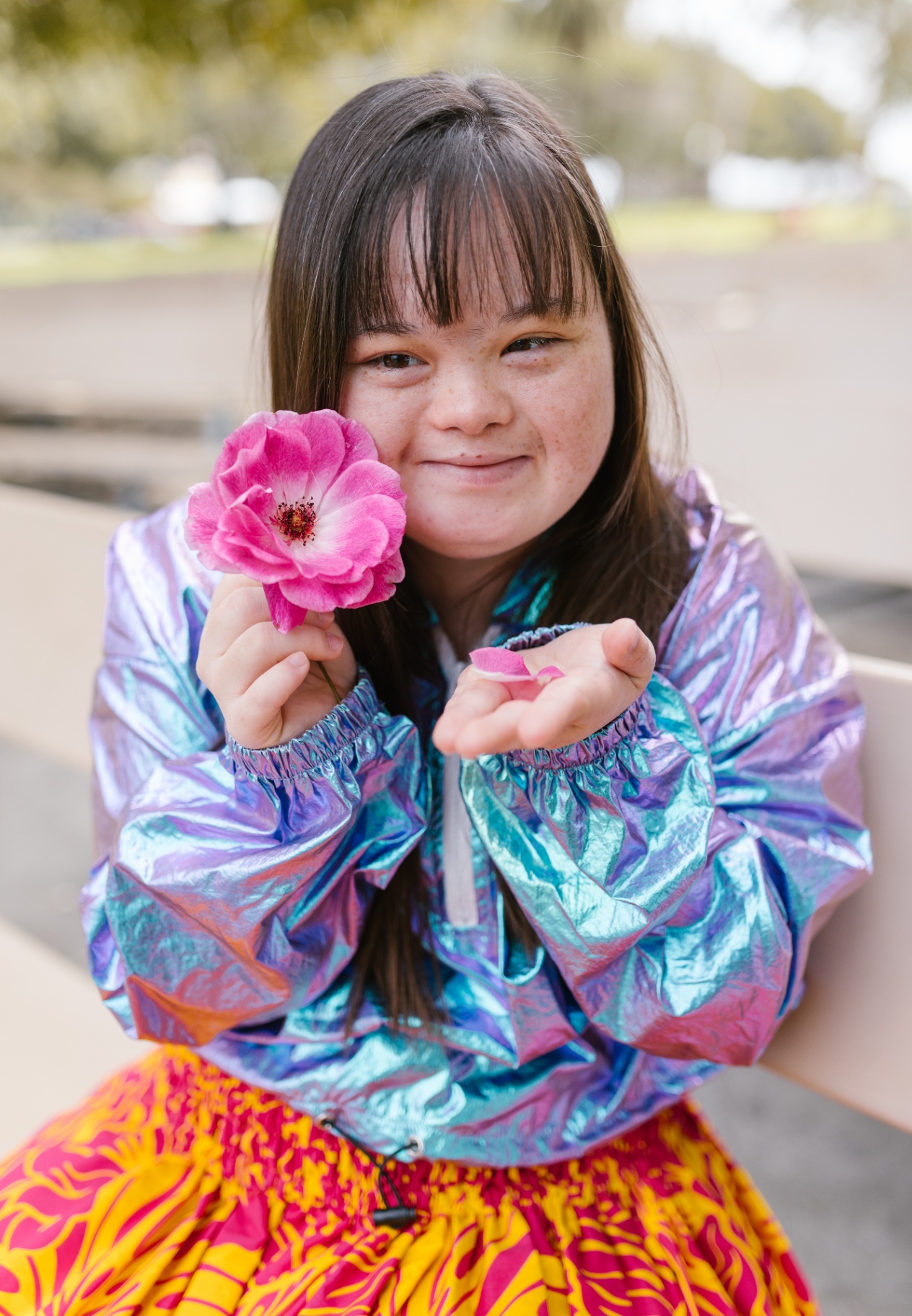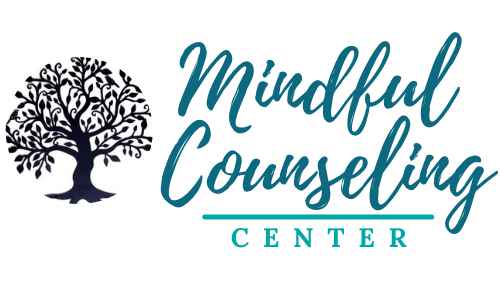The Case for Self-Care

This is the second of three articles in this self-care blog series from the Mindful Counseling Center. The first blog stressed the importance of being mindful about your self-care, consciously and with great intention, to cultivate a better, more balanced way of being for yourself.
Why Does Self-Care Matter?
(Drawn/adapted in part from Goldberg, 2017)
Self-care calls for you to mindfully tend to your well-being (adapted from Jacobson, 2019):
- Every act of self-care is a way of respecting yourself. Each act recognizes your self-worth and can help you move out of periods of low moods, anxiety, depression and other types of suffering.
- Taking care of yourself can also help you build and maintain healthier relationships. It shows others that you expect them to treat you with respect. When practicing self-care, you naturally lean towards those relationships that nourish your well-being, rather than those fraught with destructive behaviors.
“With every act of self-care your authentic self gets stronger, and the critical, fearful mind gets weaker. Every act of self-care is a powerful declaration: ‘I am on my side, I am on my side, each day I am more and more on my own side.’” – Susan Weiss Berry (as cited at wellbeing.gmu.edu)
 If you are not taking care of yourself physically, mentally, spiritually or otherwise, it can lead you to feel imbalanced, burned out, anxious and depressed. Developing self-care routines, practicing them and periodically reevaluating them can help you avoid these conditions.
If you are not taking care of yourself physically, mentally, spiritually or otherwise, it can lead you to feel imbalanced, burned out, anxious and depressed. Developing self-care routines, practicing them and periodically reevaluating them can help you avoid these conditions.
- A key reason self-care matters is that aids you in heightening your mental wellness and stress resiliency (adapted from The Healing Trust, 2019).
- When stress and anxiety hit, self-care habits can be “like a buoy, keeping you afloat when you feel low and ensuring at least a certain level of self-esteem.” These habits can also possibly mitigate some negative impacts of stress and anxiety, such as feeling self-critical, sleep problems and the development of other adverse health conditions. (Adapted from Jacobson, 2019).
“Feeling good feels wonderful! You owe it to yourself to feel good.” -David Burns (as cited at feelinggood.com)
 What is the Connection Between Resiliency and Self-Care?
What is the Connection Between Resiliency and Self-Care?
Resilience can be defined as the ability to adapt in the face of tragedy, trauma, adversity, hardship and ongoing significant life stressors (American Psychological Association or APA). Resilience can be built and increased (Newman, 2002; APA, 2012). It develops when people experience moderate levels of manageable stress and, over time, become better able to cope with it, physically and mentally. It involves a combination of behaviors, thoughts, actions and connections that work together to help people grow and adapt to life’s challenges.
The bottom line is that self-care supports your resiliency.
Contact the Mindful Counseling Center at 609-377-5859 for assistance with mindful self-care.
Article by Kristin Littel. Article content was adapted in part from West Virginia Foundation for Rape Information and Services (WVFRIS), Self-Care module (which Littel contributed to and edited). It was also inspired by a 10% Happier meditation by J. Lingo, Growing the Good.
References
American Psychological Association (APA). (n.d.). 10 ways to build resilience. From APA, Resilience toolkit and Road to resilience. Washington, D.C.: Author.
American Psychological Association (APA). (2012). Building your resilience. Washington, D.C.: Author.
Goldberg, S. (2017). Self-care toolkit. The Network for Social Work Management.
Jacobson, S. (2019). A help guide to self-care for psychological wellbeing. London, England: Harley Therapy.
Newman, R. (2002). Road to resilience. American Psychological Association’s Monitor on Psychology, 33(9).
The Healing Trust. (2019). Self-care planning guide for individuals: A guide to creating a day of self-care. Nashville, TN: Author.
Related Blog: Stepping into Self-Care
